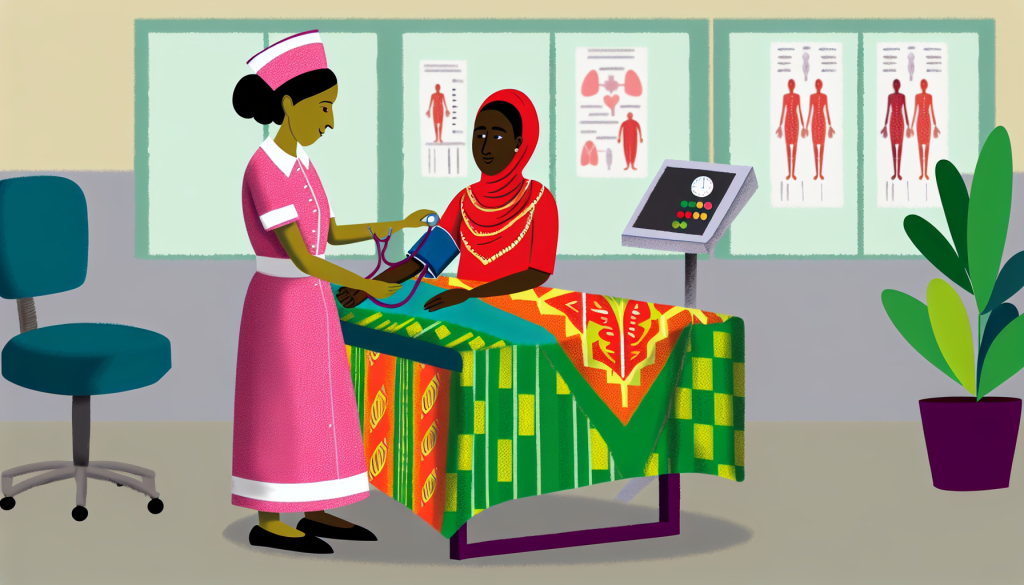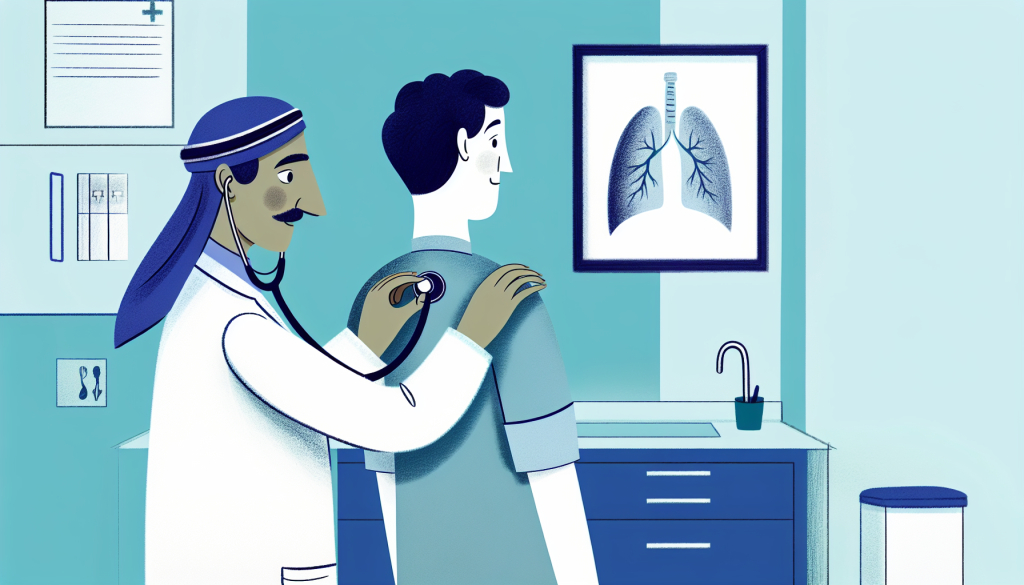WHO releases inaugural global guidelines to enhance pregnancy care for women with sickle cell disease

The World Health Organization (WHO) has issued its first global guideline focused on the care of pregnant women with sickle cell disease (SCD), responding to a serious and rising health concern that poses significant risks to both mothers and their babies.
Sickle cell disease refers to a group of inherited blood conditions where red blood cells develop an abnormal crescent shape. These misshapen cells can obstruct blood vessels, resulting in complications such as chronic anaemia, severe pain episodes, frequent infections, and life-threatening incidents including strokes, sepsis, or organ failure.
During pregnancy, the risks linked to SCD increase, as the body requires more oxygen and nutrients. Women with SCD are between four and eleven times more likely to die from pregnancy-related causes than their unaffected peers. They also face a higher likelihood of experiencing complications like pre-eclampsia, while their babies are at increased risk of being stillborn or delivered prematurely or underweight.
“Access to high-quality healthcare can ensure that women with sickle cell disease experience safe pregnancies and healthy childbirth,” said Dr Pascale Allotey, Director for Sexual and Reproductive Health and Research at WHO. “This new guideline aims to enhance outcomes for women and babies dealing with SCD. With the condition becoming more common, there is an urgent need to expand access to care, education, and effective treatment options.”
Globally, approximately 7.7 million individuals live with SCD—a number that has grown by over 40% since 2000. The disease causes more than 375,000 deaths annually. SCD is especially widespread in regions affected by malaria, notably sub-Saharan Africa, which represents nearly 80% of cases. It is also present in parts of the Middle East, the Caribbean, and South Asia. As global migration and life expectancy improve, the sickle cell gene is being found in more parts of the world, making it essential for maternal health providers everywhere to be prepared to manage the condition.
Historically, guidance for treating SCD during pregnancy has been adapted from high-income countries. This newly released WHO guideline offers evidence-based recommendations suited for use in lower-resource environments where the majority of SCD cases and deaths occur. The guideline comprises more than 20 recommendations addressing areas such as:
• folic acid and iron supplements, including modifications for malaria-prone regions;
• handling sickle cell crises and managing pain;
• preventing infections and blood clots;
• use of preventive blood transfusions; and
• close monitoring of both mother and baby throughout the pregnancy period.
The document emphasizes the importance of respectful, person-centered care that takes into account each individual's medical history and preferences. It also calls for efforts to combat stigma and bias in healthcare systems, as discrimination can be a barrier to care for individuals living with SCD around the world.
“Early conversations with well-informed healthcare providers are key for women with sickle cell disease,” noted Dr Doris Chou, Medical Officer and lead author of the guideline. “These discussions allow women to make knowledgeable choices about their care, prepare for any possible issues in advance, and work towards the healthiest outcomes for themselves and their babies.”
Due to the complex nature of SCD, the guideline underlines the need for expert staff in managing pregnancies affected by the condition. This includes specialists such as haematologists, as well as trained midwives, pediatricians, and clinicians specializing in reproductive and newborn health.
Despite its growing prevalence, sickle cell disease remains largely overlooked in terms of funding and scientific research. Although treatment options are advancing, the guideline stresses the critical need for more studies on how these therapies affect pregnant and breastfeeding women—groups traditionally left out of clinical studies.
This guideline is the first in a new WHO collection focused on managing chronic noncommunicable diseases during pregnancy. Upcoming publications will offer recommendations on caring for pregnant women with conditions such as heart disease, diabetes, respiratory illnesses, mental health concerns, and substance use. These chronic health issues are now recognized as key causes of complications and fatalities among mothers and newborns.
